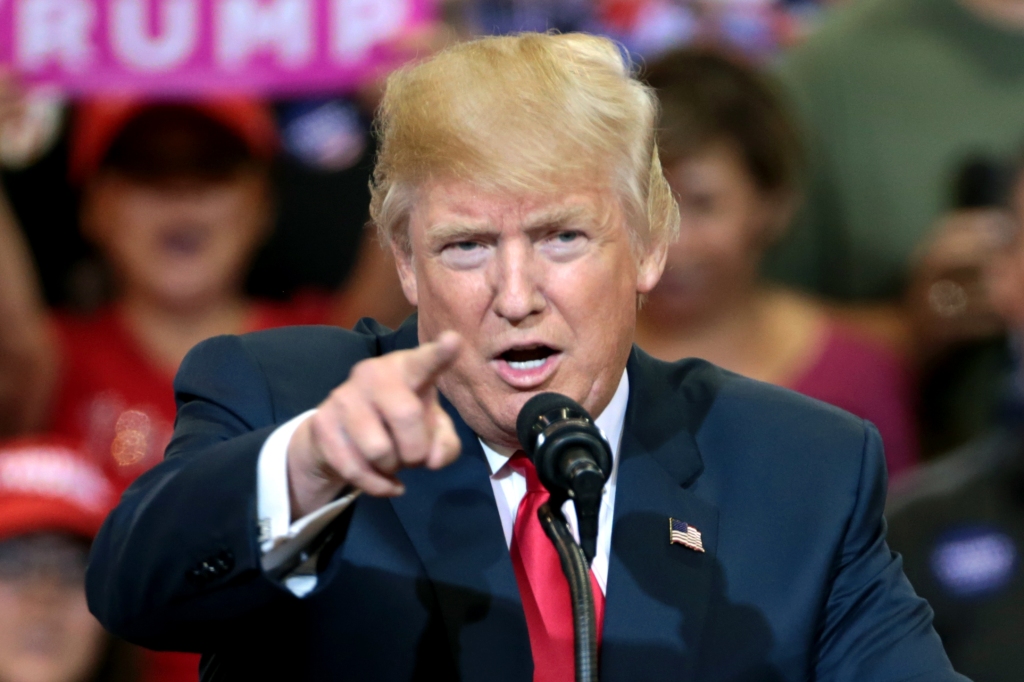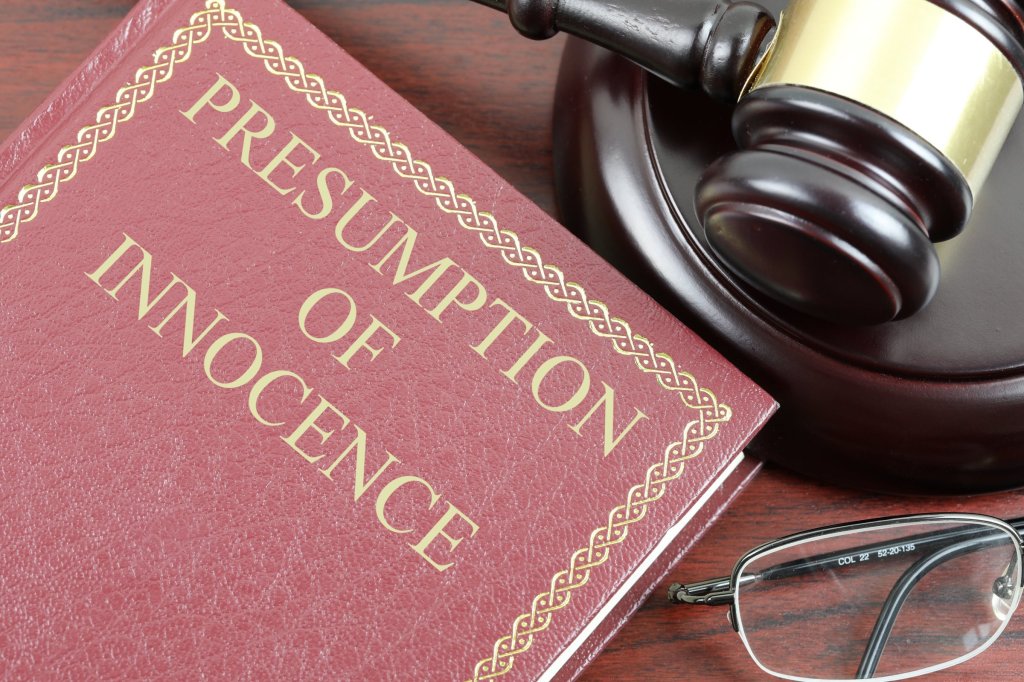
Can States Legally Keep Donald Trump Off 2024 Presidential Election Ballots?
by Taylor MacHenry
While the last news story published about an effort in Colorado to keep former President Donald Trump off the Colorado ballot in 2024 occurred in mid-September, when the Colorado judge hearing the suit said that she would try to expedite her ruling before Thanksgiving, most people today still daily receive junk email begging voters to sign their petition and donate money to whatever group that sent the email’s cause. The misleading verbiage in the email is always that Colorado, California and other states have done it.
Fact: The matter remains under Judicial Consideration with a ruling expected soon but has not yet been issued.
While the political junk email has surpassed the point of irritating, as most other election-oriented junk mail have long-ago done, the question of the legality of states keeping Mr. Trump off their Presidential Election ballots consistent with The Constitution of the United States of America remains vexing. Does the Constitution allow a State or any group to accuse a candidate of Insurrection and by that accusation without indictment or verdict keep him or her off a Congressional or Presidential election ballot?
Many people make presumptions of Constitutional protections that are in fact simply not specified. Such as separation of Church and State, or the Presumption of Innocence until found Guilty.
And this is where the Trump matter sits.
In the Bill of Rights, the 4th, 5th, 6th, 7th, 8th and 9th Amendments directly protect a person’s rights when being investigated of a crime and the person’s rights within the legal structure of “due process.” Nowhere in these Constitutional guarantees does “Presumption of Innocence until Proven Guilty,” appear. However, the 9th Amendment does state that listing specific rights in the Constitution does not mean that people do not have Other Rights that the Constitution does not spell out.
Thus, the Presumption of Innocence is the lynchpin in the case where people accuse Mr. Trump of inciting an “Insurrection” on January 6, 2021, thus branding him an “Insurrectionist.” And on the merit of the Accusation alone, groups have filed suit to keep President Trump off 2024 election ballots.
The groups cite the verbiage of law in Section 3 of the 14th Amendment to the Constitution which states:
“No person shall be a Senator or Representative in Congress, or elector of President and Vice-President, or hold any office, civil or military, under the United States, or under any State, who, having previously taken an oath, as a member of Congress, or as an officer of the United States, or as a member of any State legislature, or as an executive or judicial officer of any State, to support the Constitution of the United States, shall have engaged in insurrection or rebellion against the same, or given aid or comfort to the enemies thereof. But Congress may by a vote of two-thirds of each House, remove such disability.”
Coming off the heels of the Civil War, authors of the 14th Amendment had matters that brought the nation into war addressed, such as citizenship by birth and rights to hold office by people who fought on the side of the Confederate States. One must doubt that anyone intended that words voiced under protection of Free Speech, provided in the 1st Amendment to the Constitution, might brand that person an Insurrectionist or Rebel against the United States of America and the Constitution.
The Colorado group that filed suit, claim that President Trump is disqualified for election to President or Senator or Representative in Congress, or of holding any other Federal Office, because of the speech he made on the Mall in Washington, DC to a massive crowd, and claimed that the election in which President Joe Biden defeated him was fraudulent and illegal because of vote tampering in multiple states. The group that filed suit in Colorado says that Mr. Trump’s words to the crowd incited the riot, which the group and others have defined as an Insurrection, that took place at the United States Capitol Building while Vice President Mike Pence presided over the Electoral College and certified the 2020 Presidential Election. The rioters held firearms and forced their way inside the building while the certification of the Presidential Election took place.
Some rioters were killed by shots fired, perhaps by police or other rioters, no one knows for sure. One police officer died, thought killed by rioters, but the investigation determined that the officer died of natural causes not caused by the riot or any person. Did this violent riot constitute an Insurrection or Rebellion?
Democrats by and large have called this event an “Insurrection” and branded President Trump its instigator, thus making him an “Insurrectionist.”
As of this date, President Trump has not been indicted nor charged with Insurrection, and the investigation into his participation has been completed with no findings of a crime. However, he has been charged with other crimes associated with the election, such as attempting to tamper with the vote count in Georgia, but Mr. Trump has not been indicted nor even charged by any State or Federal Grand Jury with committing or inciting Insurrection or Rebellion, nor with even inciting the riot that took place.
As stated earlier, many people believe that the Constitution specifies that when a person is indicted or charged with committing a crime, he or she is “Presumed Innocent until Proven Guilty.” And that is not the case, although the Constitution in many areas implies such protection.
Cornell University Law School published the following opinion regarding Presumption of Innocence:
“A presumption of innocence means that any defendant in a criminal trial is assumed to be innocent until they have been proven guilty. As such, a prosecutor is required to prove beyond a reasonable doubt that the person committed the crime if that person is to be convicted. To do so, proof must be shown for every single element of a crime. That being said, a presumption of innocence does not guarantee that a person will remain free until their trial has concluded. In some circumstances, a person can be held in custody.
“The presumption of innocence is not guaranteed in the U.S. Constitution. However, through statutes and court decisions–such as the U.S. Supreme Court case of Taylor v. Kentucky–it has been recognized as one of the most basic requirements of a fair trial.”
Long-standing Statutes and Legal Precedence established by the United States Supreme Court and lower federal and state courts in all opinions guarantees a right of a person under trial to be presumed innocent until proven guilty. And the 9th Amendment to the Constitution likewise states that We the People have Other Protected Rights that may not be specifically stated in the Constitution.
Considering the vast weight of law supporting the argument that President Trump cannot be legally taken off any ballot or denied the right to hold office, these days one should not be surprised if the states of Colorado, California and several others do not list Donald Trump as a Presidential Candidate on their states’ Presidential Election ballots next year. They may keep his name off the ballot and challenge anyone to sue them for it.
Should President Trump not appear on Colorado’s Presidential Election ballot, a voter can write his name on the ballot in the blank line that is always, and by law, provided for voters to Write-In a Candidate and cast their votes for him. Law requires the Write-In Votes to be counted.
Personally, the very idea of anyone branding President Trump as an Insurrectionist because of words protected by the Free Speech clause in the 1st Amendment that he said on the Mall in Washington, DC to a crowd well-removed from the rioters that gathered at the United States Capitol Building is itself an Affront to Justice and at very least Tramples the Spirit if not the Law of The Constitution of the United States of America.
The people who brand Mr. Trump an Insurrectionist and demand that he cannot hold office as President or a Member of Congress or any other Federal Officer themselves by their very actions of suing to keep Mr. Trump’s name off any ballot are by their actions defying their own Oaths they may have taken to Support and Defend The Constitution of the United States of America Against All Enemies, Foreign and Domestic. They violate their oaths taken exactly as they accuse Mr. Trump of doing and rendering him ineligible for holding Federal Office, as stated in Section 3 of the 14th Amendment.
Such lawsuits and actions by any state, government or agency within the United States of America is an affront and a bitter insult to every person who took the Oath to Support and Defend the Constitution.
I may not care for Donald Trump as a person. I may object to his record as a businessman and developer who made billions on the losses of good, hard-working people.
Yet I must Stand in Defense of Donald Trump’s Constitutional Rights and his Presumption of Innocence until Proven Guilty. As such, Mr. Trump’s name must, therefore, appear on all ballots in the 2024 Election of President of the United States.
Supporting and Defending the Constitution of the United States means that we must defend and support the rights of even those with whom we may vehemently disagree. Including the Rights of Donald Trump.



